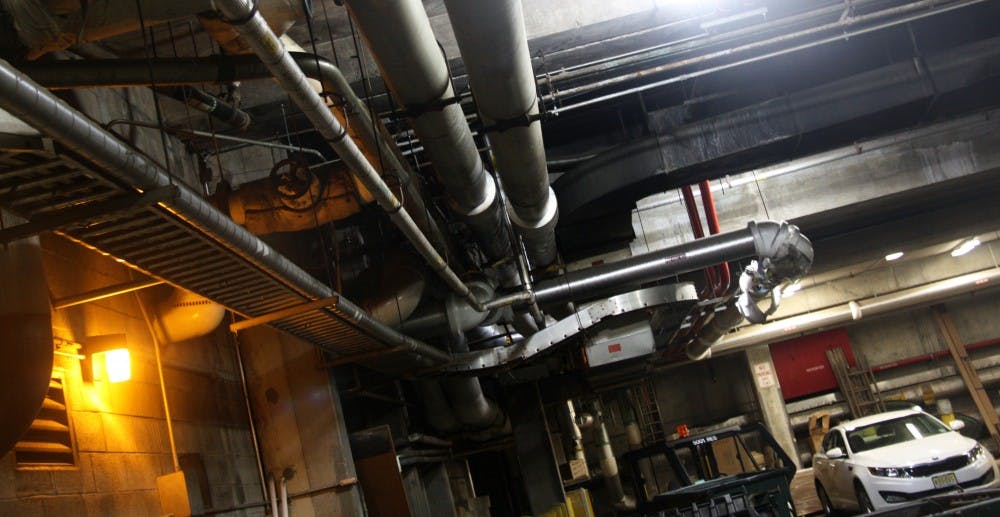Lead poisoning leapt into the national eye last year after residents in Flint, Mich. reported dangerously high levels of the metal in their water supply — but at Penn, one class has been teaching the dangers of lead poisoning for years.
In Environmental Studies 404, “Speaking About Lead in West Philadelphia,” students learn about the history and dangers of lead poisoning and use their knowledge to perform educational outreach in West Philadelphia. An academically based community service course, it is meant to combine topics that students learn in the classroom to service-based applications in the outside world.
Richard Pepino of the Department of Earth and Environmental Sciences has been teaching the course for the last nine years; he was initially reluctant to take over the class after its founder, professor Robert Giegengack, retired.
“He would pester the life out me,” Pepino said. “I would say ‘Aw, Gieg, it’s not really a science course, I won’t like it,’ and he would not let up on me. And finally, nine years ago, I took the course over — and believe me, it’s the most important course I teach at Penn.”
This fall, the course, in conjunction with the Netter Center for Community Partnerships, will focus on measuring lead levels in drinking water. “I don’t think it’s a problem,” Pepino said, “but I don’t have an answer to how much of a problem it is. And certainly the Flint case has brought attention.”
2015 College graduate Bina Kassamali said that the course “opened [her] eyes to how something like lead poisoning could impact an entire community.”
“[The course] changed my perspective on health and medicine and gave me a more holistic approach,” she said. “Because it was kind of a small class, we all worked very closely with the professor — he kind of instigated this will for the class members to all want to do something.”
Kassamali had taken various ABCS courses in the past but said that the seminar was different in the level of depth it took in community engagement.
“We created a pathway for how to get from the school to the community, so it helped to put things together and go from the school’s students to the principals to the parent coordinators to the community members,” she said. “Instead of just educating the kids and having the information stop there, we were able to bridge the gap between the information and the rest of the community.”
The class, which consists of 20 to 25 students, is full nearly every year, with some students being placed on a waiting list. College sophomore Geneva Gondak is hoping to take the class this fall.
“I was actually struggling between choosing two classes that were at the exact same time — they were both environmental studies classes — and I chose to take this seminar because it had the ABCS component,” she said.
Gondak said that she values the pedagogical aspect of ABCS classes and the concrete effects they appear to have on the community.
Along with outreach and education initiatives, the class emphasizes a practical, experience-based approach to environmental health. Elementary school students were told to gather soil from around their neighborhoods, which the class then measured for lead content.
“They have to sense that it’s not a paper risk or a risk that they read about,” Pepino said. “It’s a risk that they can actually go out and identify.”









